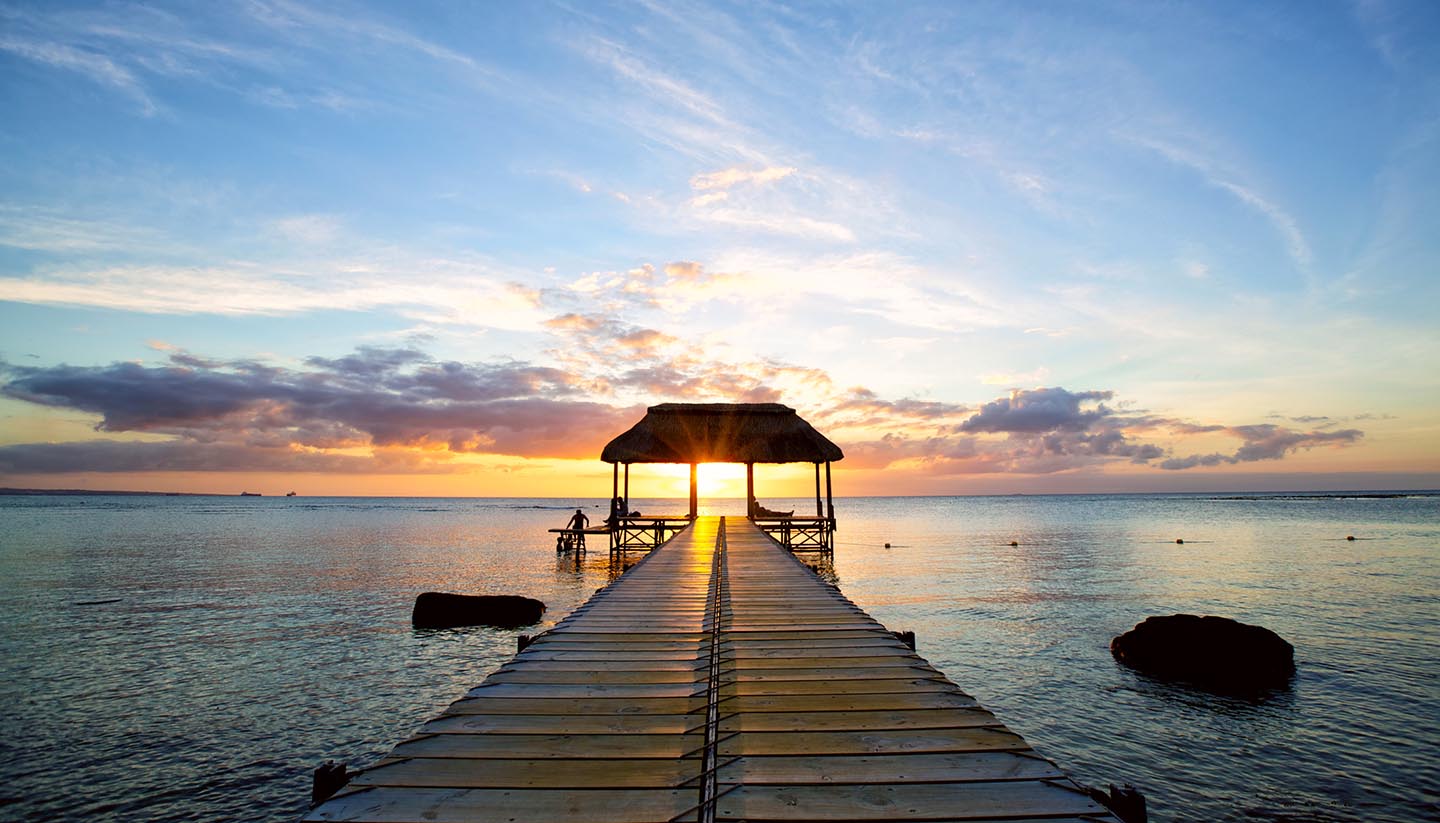Mauritius: Doing business and staying in touch
Doing Business in Mauritius
Suits are usually worn in business circles. As a multicultural island, business etiquette varies between communities. But in all business transactions, hospitality and personal relationships are central here.
Office Hours
Mon-Fri 0900-1600, Sat 0900-1200 (some offices only).
Economy
Historically, sugar has dominated Mauritius' agricultural economy and today accounts for 25% of export earnings. Since independence in 1968, the government has deliberately sought to diversify by developing the industrial and service components of the economy.
The island's industrial capacity is centred on a number of Export Processing Zones and its service economy is based on tourism and financial services, as well as a growing telecommunications provision which has attracted more than 9,000 offshore entities. Tourism is well established and now worth over US$500 million annually. Investment in banking is more than US$1 billion. The overall economy grew at 3.6% in 2016, with inflation at 1.3% and unemployment 7.6%.
The government's economic policy aims to counter the threat to the two largest sectors of the economy (sugar and textiles) from new regulations introduced by the World Trade Organization. The centrepiece of its strategy is the creation of a custom-built 'cyber-city', based on similar development in India, using high-speed communications links to offer e-commerce and financial transactions.
Mauritius is a member of the Indian Ocean Commission, which promotes regional economic cooperation, and of the Southern African Development Community.
With its fabulous hotels and great beaches, sunshine and high quality food, ecotourism offerings and more, Mauritius is courting the conference and incentive market. An International Conference and Exhibition Centre opened in 2004, which with a capacity of 2,500 is the largest in the Indian Ocean.
GDP
US$12.2 billion (2016).
Main exports
Clothing and textiles, sugar, cut flowers, canned tuna and molasses.
Main imports
Manufactured goods, capital equipment, foodstuff, petroleum products and chemicals.
Main trading partners
France, UK and other EU countries such as Germany and Finland.
Keeping in Touch in Mauritius
Telephone
There are no area codes. There are a limited number of public telephone booths, mainly at the airport and in major hotels. Mauritius Telecom (www.mauritiustelecom.com) offers a good, reliable service and payphones are found in their customer service centres in towns around the island.
Mobile Phone
Roaming agreements with international mobile phone companies are available and coverage extends over the entire island. Local mobile calls are the same as the price of landline calls, so it’s worth buying a local SIM card for your handset if you plan to make more than a few phone calls on the island.
Internet
There are Internet cafés in both main towns and tourist centres such as Grand Baie and Port Louis. Most hotels offer wireless Internet access.
Media
Mauritius has a free press, which means the media is full of colourful debate. The main language is French, but all the languages are represented in a variety of media, from Chinese newspapers to Bollywood movies. Some UK newspapers are available in their international editions at larger resorts and at big price mark ups.
Post
Airmail to Western Europe usually takes seven days; by sea, mail takes four to six weeks.
Post Office hoursGenerally Mon-Fri 0815-1115 and 1200-1600, Sat 0815-1145.

